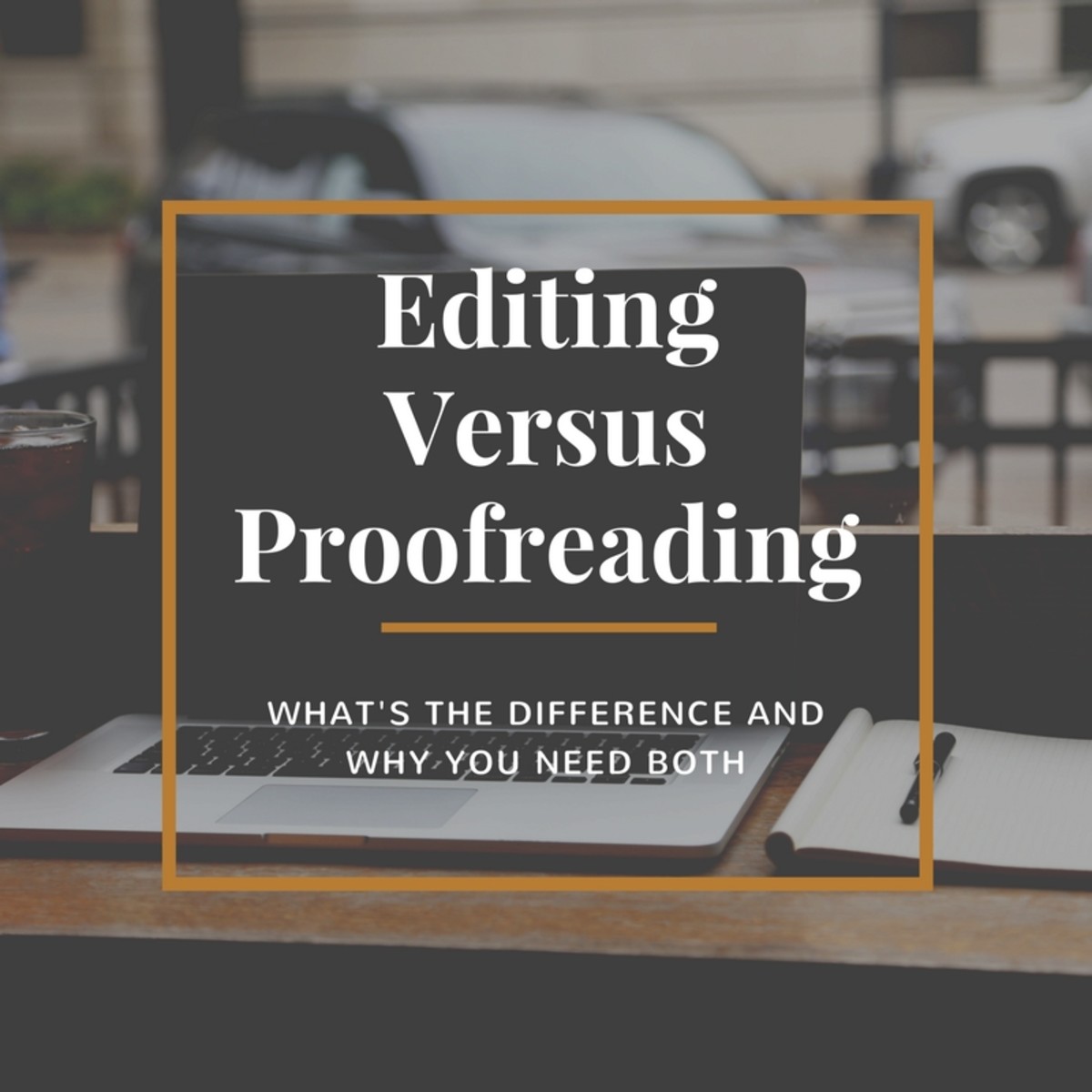Professional Editing and Proofreading Service is crucial in writing. However, there are distinct differences between the two processes, and understanding these differences is important for producing high-quality written work.
Editing Vs Proofreading: What’s The Difference?
Editing and proofreading are often used interchangeably, but they are different. This is reviewing and revising a piece of writing to improve its quality, clarity, and coherence. Editing involves looking at the big picture of a document and making substantive changes, such as restructuring paragraphs, revising sentences, and adding or deleting information.
Proofreading is the final step in the writing process, and its goal is to catch any errors that may have been missed during the editing process. Moreover, proofreading involves looking at the small details of a document, such as ensuring that all commas and periods are in the correct place and that there are no spelling mistakes.
The Importance Of Editing
Editing is a crucial step in the writing process and is important for several reasons. First, editing helps to improve the clarity and coherence of a document. By reviewing a document and making substantive changes, an editor can ensure that the document is well-organized, easy to read and that the ideas flow logically.
Second, editing helps to improve the overall quality of a document. Moreover, by revising sentences, deleting unnecessary information, and adding new information, an editor can help to make a document more engaging, interesting, and informative. In this way, editing helps to ensure that the document is of the highest possible quality.
Finally, editing helps ensure a document is appropriate for its intended audience. By reviewing a document and making changes based on the intended audience, an editor can help to ensure that the document is tailored to the needs and interests of the reader.
The Importance Of Proofreading
Proofreading is also an important step in the writing process, and it is important for several reasons. The following are some:
First, proofreading helps to catch any errors that may have been missed during the editing process. Even the most skilled editors can miss errors; proofreading provides a final check to ensure the document is error-free.
Second, proofreading helps to ensure that a document is professional and polished. Even small grammar, punctuation, or spelling errors can detract from a document’s overall quality and make the writer appear careless or unprofessional. By catching these errors, proofreading helps to ensure that the writer presents a professional image to the reader.
Finally, proofreading helps to ensure that a document is easy to read and understand. Furthermore, the writers at Essays UK ensure that all commas and periods are in the correct place and that there are no spelling mistakes. Also, proofreading helps to ensure that the reader can focus on the document’s content rather than being distracted by errors in the writing.
Conclusion
In conclusion, editing and proofreading are two crucial steps in writing, and understanding the differences is important for producing high-quality written work. Editing involves reviewing a document for quality, clarity, and coherence, while proofreading involves reviewing a document for grammar, punctuation, spelling, and formatting errors. Both editing and proofreading are important for ensuring that a document is of the highest possible quality and presents a professional and polished image to the reader.
Editing and proofreading are important steps in writing, but they serve different purposes. Editing is revising a piece of writing to improve its clarity, structure, and coherence. While proofreading is the final check for spelling, grammar, and punctuation errors.
Editing involves looking at the big picture of a piece of writing and making changes to improve its organization, flow, and effectiveness. An editor might suggest restructuring sentences, removing unnecessary words, or adding more detail to clarify a point. Editing can also involve revising the tone or style of the writing to suit the intended audience or purpose better.
On the other hand, proofreading is a final check for spelling, grammar, and punctuation errors. A proofreader will review a document to ensure it is free of typos, grammatical mistakes, and other errors that could detract from its clarity or credibility.
In summary, editing and proofreading are crucial steps in writing. Editing involves revising a piece of writing to improve its clarity and coherence, while proofreading is the final check for spelling, grammar, and punctuation errors. Both are important for producing high-quality written content.




